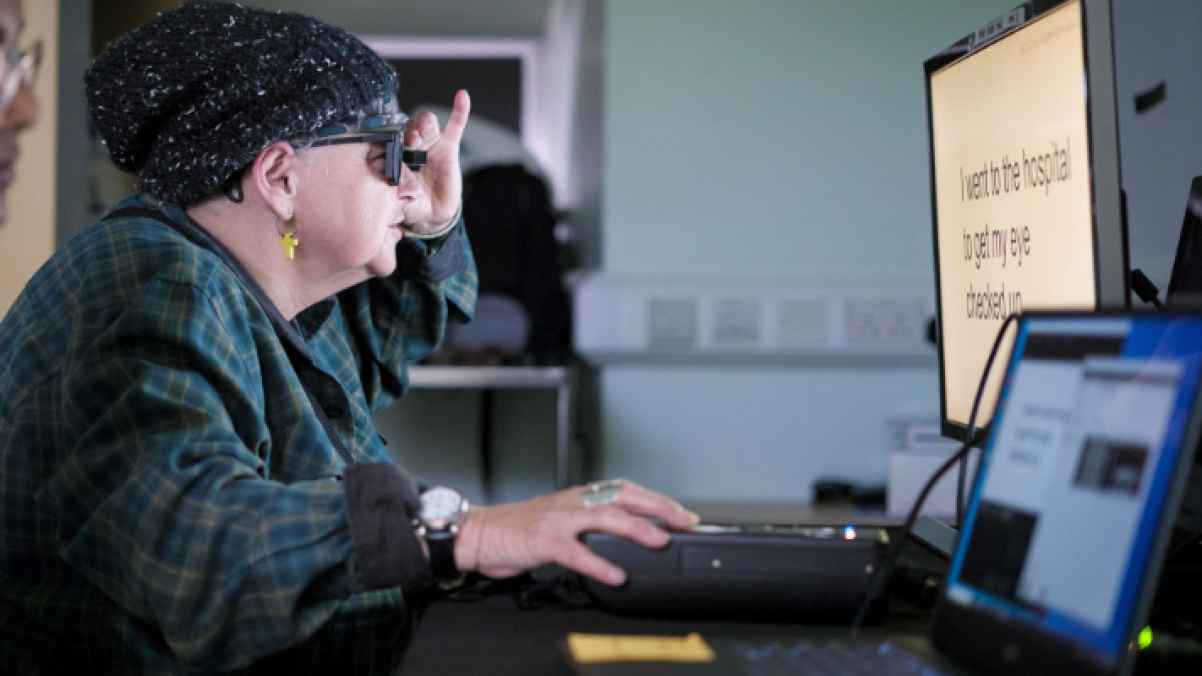New electronic chip restores patients' vision

-
New electronic device restores vision in 84% of patients with advanced age-related macular degeneration.
-
The technology uses an implanted chip that converts light into signals interpreted by the brain.
Eye specialists have announced the success of a new electronic device in restoring vision for a significant number of patients suffering from advanced age-related macular degeneration, one of the leading causes of blindness worldwide.
Preliminary results from clinical trials show that the device, a tiny electronic chip, effectively restored vision in 84% of the patients who received the implant.
A breakthrough in treating geographic atrophy
This achievement specifically targets patients with geographic atrophy, the advanced dry form of age-related macular degeneration, which until recently was considered untreatable.
The system relies on advanced “artificial retina” technology where patients wear special glasses equipped with a small camera that captures images of the surrounding environment.
The camera transmits the data via infrared signals to a tiny electronic chip implanted in the back of the eye, which then converts light signals into electrical impulses that travel through the optic nerve to the brain, where they are interpreted as visual images.
Significant improvement in patients’ lives
Doctors overseeing the trials, which included dozens of patients at multiple medical centers worldwide, confirmed that the electronic implant not only restored the perception of light and motion but also allowed many participants to read again.
This success offers new hope for millions of elderly individuals at risk of blindness due to degenerative eye diseases and opens the door for further research into integrating artificial intelligence with electronic devices to enhance visual quality.
